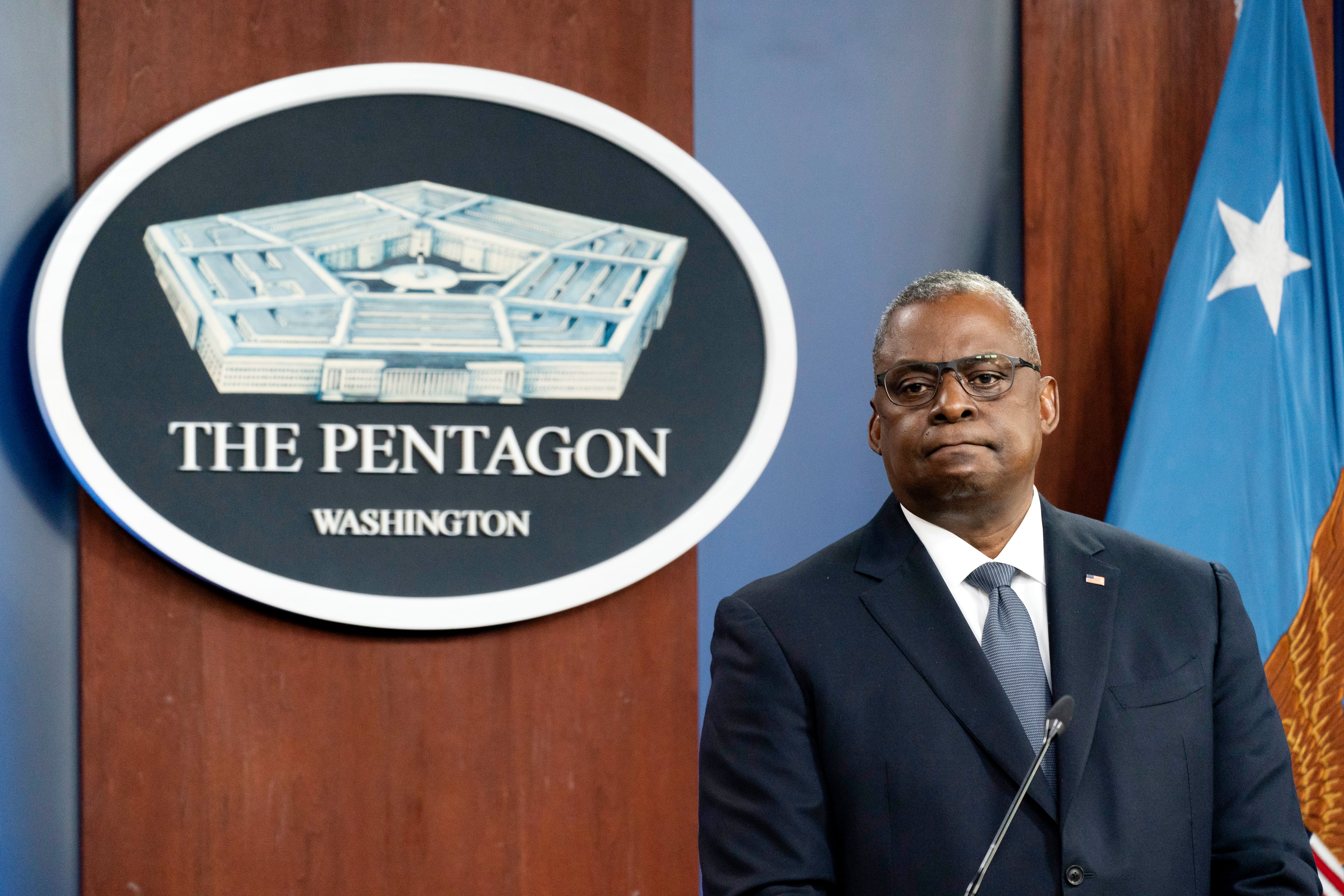In a stinging rebuke of the military’s handling of the mandatory COVID vaccine enforcement policy, a federal district court judge in Florida has issued a temporary order preventing disciplinary action against two officers who refused the vaccine on religious grounds.
“The military is well aware of the frailty of their arguments in defense of their practices,” Federal District Court Judge Steven Merryday ruled in his Feb. 2 court order. “The record creates a strong inference that the services are discriminatorily and systematically denying religious exemptions without a meaningful and fair hearing.”
The order, which is in place until Feb. 11, is the latest ruling temporarily barring the military from punishing troops over their refusal to get the COVID vaccine. In a separate case, a Texas judge in January ordered a temporary injunction against the punishment of a group of Navy SEALs, the Washington Post reported.
A second hearing to determine whether the injunction will be extended past Feb. 11 has been scheduled for Feb. 10.
The ruling came after a motion for a preliminary injunction on punitive actions was filed on behalf of a Navy commander — who commands a guided missile destroyer — and a Marine lieutenant colonel who currently serves as the Diversity and Inclusion Officer at Marine Forces Special Operations Command and is slated to take command of a combat logistics battalion this summer.
The case was brought forward by Liberty Counsel, a religious organization that has fought against the mandate and filed the action ahead of potential punishment of the two officers.
In his reasoning for granting the temporary restraining order, Merryday wrote that the military failed to successfully prove troops who do not follow the COVID-19 vaccination order are adversely affecting the American public, referencing both the denial letters and Austin’s announcement regarding the necessity for the mandate.
“Mandatory vaccinations are familiar to all of our Service members, and mission-critical inoculation is almost as old as the U.S. military itself,” Austin wrote in August.
Merryday additionally argued that removing the two officers from command would be a loss both financially in the tax-payers’ investment that has been made in their careers and to the military, which benefits from their skills and experience.
“The public undoubtedly has some considerable interest in maintaining the services of skilled, experienced, highly trained, patriotic, courageous, and esteemed service members...in whom the public has an immense financial investment and who are not, to say the least, readily replaceable,” Merryday wrote.
“The Secretary of Defense and anyone acting in concert with him...is enjoined through February 11, 2022, from diminishing or altering in any manner and for any reason the current status of” of the officers, “including their assignment, privileges, rank, or the like,” Merryday wrote.
Merryday’s conclusion that “the two service members are very likely to prevail on their claim that their respective branch of the military has wrongfully denied a religious exemption from COVID-19 vaccination,” made it clear that while this motion was granted-in-part, he believes it will be extended in favor of the two officers.
Pending any submission of additional evidence by either side in support of their cases, the injunction may stand, in which case the military will be forced to appeal the court’s decision or grant the officers’ their waivers.
Pentagon officials declined to comment.
The two officers, who remain anonymous, are only referred to in court documents as “Navy Commander” and “Lieutenant Colonel 2,″ following a protective order that limits the release of their identities.
The Navy officer, who has more than 17 years in service, submitted a religious accommodation request Sept. 13, which was denied in October. An appeal was also was denied, with the commander receiving the exact same denial letter that the 16 sailors under the commander’s supervision received after their own requests — which featured the commander’s own endorsement — were denied.
The Navy officer’s appeal was also denied, despite the Chief of Naval Operations Adm. Mike Gilday stating that the officer’s “religious beliefs are sincere and would be substantially burdened.” Gilday, however, said that “a waiver of immunizations would have a predictable and detrimental effect on the readiness of you and the Sailors who serve along side you.”
The ruling noted, however, that the denial letter made no mention of the fact that 270 other exemptions had been approved, seemingly negating the logic of Gilday’s reasoning.
The Navy officer was then informed that failure to report to a COVID-19 vaccination clinic no later than Feb. 3 would result in relief of command.
Following the repeated denial of a religious exemption, the Navy officer joined the legal suit of the Marine Corps officer, based on the similarity of their cases.
According to court documents, the Marine officer stated she was opposed to the vaccine after surviving a rape and subsequent abortion. Her experience, she stated, instilled in her a “strong religious opposition to abortion and to any vaccine developed with fetal cell lines.”
The Marine officer originally requested a religious exemption Sept. 7, and received her denial in October. Her subsequent appeal was denied in January by the Assistant Commandant of the Marine Corps — Gen. Eric Smith — who questioned whether the vaccine would truly burden the officer. Smith, according to court records, said her objections could have been not just to the COVID vaccine, but “for every FDA approved vaccine [she has] received” in the military.
As in the case of the Navy officer though, the Marine officer’s denial letter failed to mention or explain why 234 other religious exemption requests that were approved were given a different decision than hers, the ruling noted.
Following the second denial, she was ordered to begin a vaccination series no later than Feb. 2 or face being placed on the Officer Disciplinary Notebook. This would result in stripping the Marine officer of her command as well as her eligibility to deploy, be promoted or work toward retirement.
It would also mean that the “Board of Inquiry Process” to administratively remove her from the Marine Corps would begin.
Rachel is a Marine Corps veteran and a master's candidate at New York University's Business & Economic Reporting program.





